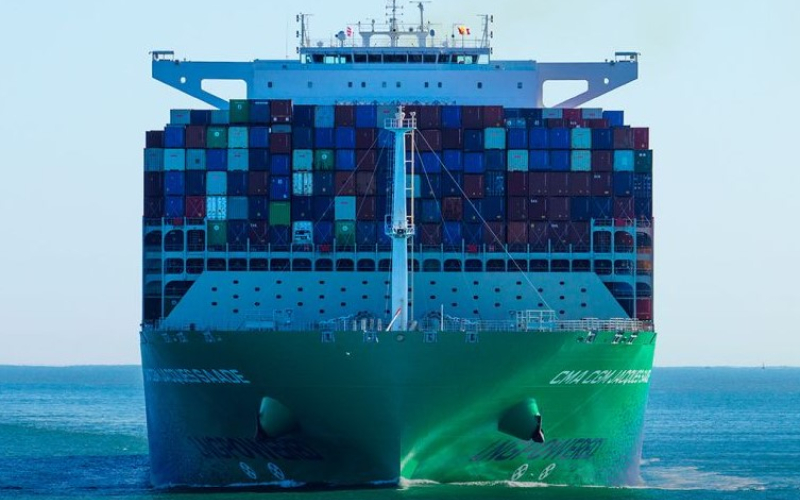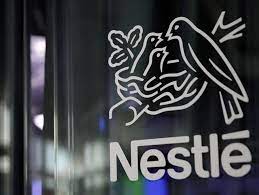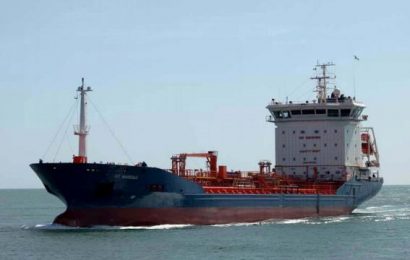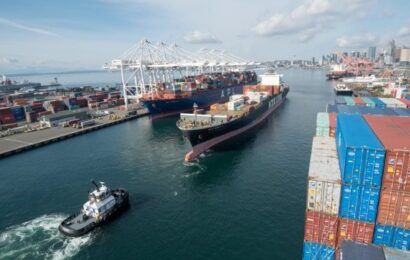
Container shipping companies, Hapag-Lloyd and CMA CGM on Thursday revealed that they have entered into collaboration with Nestlé, a Switzerland-based food & beverage company, aiming to advance cleaner shipping.
“Nestlé has selected our emission-reduced transport solution, “Ship Green”, for 100% of their volumes moved with Hapag-Lloyd in 2023. This will actively contribute to avoiding their emissions and bring them a step closer to achieving a net-zero GHG-emissions footprint,” Hapag-Lloyd said.
The company uses waste- and residue-based biofuel instead of conventional marine fuel oil within its fleet to avoid emissions. Through “Ship Green”, Hapag-Lloyd allocates the emissions avoided from the burning of biofuel to customers’ shipments enabling them to significantly avoid emissions from their transports.
What is more, Nestlé partnered up with French shipping giant CMA CGM. Under the deal, Nestlé is now powering 100% of its CMA CGM volumes with biofuel, a fuel that generates 84% fewer carbon emissions, resulting in 70,000 tons CO2 avoided every year.
“We are very proud and happy to have set this agreement with Nestlé, one of the first of its kind, whereby shippers and beneficial cargo owners (BCO) commit to decarbonize the globality of the scope 3 shipping emissions. This initiative proves that there are some existing solutions to decarbonize scope 3 of BCOs. These constructive solutions are already available with CMA CGM to accelerate on this path,” Christine Cabau Woehrel, CMA CGM’s EVP Group Assets and Operations, commented.
Next to CMA CGM and Hapag-Lloyd, Nestlé will also work with Danish shipping company Maersk. Nestlé aims to move the equivalent of half of its global shipping needs to alternative, lower-emission fuels with immediate effect.
By switching to cargo ships that use fuels made from waste, such as used cooking oil, the company aims to reduce its annual greenhouse gas emissions from shipping by around 200,000 metric tons of CO2 equivalent. This could help avoid the use of around 500,000 barrels of crude oil for ocean transportation.
“Reaching net zero requires changing many aspects of how we source, make, and distribute our products,” Stephanie Hart, Executive Vice President and Head of Operations at Nestlé, explained.
“The agreements we’ve signed with our shipping partners will help us cut emissions and immediately reduce our carbon footprint. We know this is an interim solution and continue to encourage the development of longer term decarbonization solutions in shipping and distribution.”
The agreements signed with Hapag-Lloyd, Maersk and CMA CGM cover half of Nestlé’s shipping volumes moved in 2023, with an option to extend this agreement into 2024 and beyond. It means that the shipping companies will use alternative fuels to move an equivalent amount of tonnage in their operations this yearWorld Maritime News.







